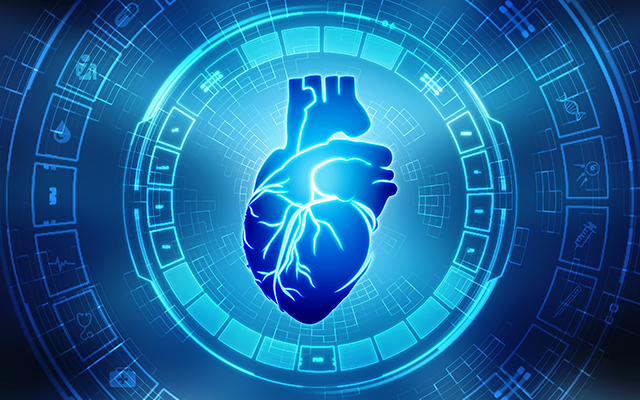From Spotify recommendation systems to self-driving cars, digital assistants and every other cool technology you can think of is based on machine learning, which is the key behind artificial intelligence or AI. While the examples I have given somehow make our lives easier, machine learning has created a massive breakthrough in the domain of medical science, which can even save lives besides making our life a lot easier. In a study presented at the International Conference on Nuclear Cardiology and Cardiac CT (ICNC) of 2019, it has been shown that machine learning can predict heart attacks and deaths with almost cent percent accuracy.
The doctors consider a handful of variables to compute the risk scores and take treatment decisions, which is accurate, but not up to the mark. Humans have the capability to think in two dimensions with difficulty, but our brains can’t deal with the complexity of thinking in 4 or 5 dimensions, which eventually leads to limited accuracy while dealing with individual patients. With multiple dimensions taken into consideration, decisions can be taken way more accurately, and that is the reason, we have to resort to machine learning algorithms, handling multiple dimensions for which, is a piece of cake.
The doctors or the world of health sciences have a lot of data, which can be potentially used to predict heart attacks and deaths, but the limit of the human brain to think beyond 2 dimensions is the reason, we need to resort to machine learning, to prevent squandering of huge volumes of data that can be used to improve medical science and help the doctors to better treat the diseases. Machine learning algorithms will work with hundreds of parameters and data sets to observe the patterns and help the doctors take the appropriate treatment decisions or predict the possible outcomes.
Tests have been conducted for more than 6 years, where 49 deaths and 24 heart attacks were observed. Data of 85 variables were fed to a machine learning algorithm named LogitBoost, which analyzed the data repeatedly to find out the structures that led to a heart attack or death of the patients. Apart from predicting data about the outcomes, the algorithm can also be used to personalize treatments for individual patients, which can not only lead to efficient treatments, but can also mitigate the side effects of a particular treatment method, as the algorithm is assisting the doctors to take decisions by considering the different health parameters of a patient in multiple dimensions.
Machine learning is undoubtedly going to give a big boost to health sciences and treatments methods in the coming days. Hope the information was useful for you. I would like to get a penny for your thoughts about this revolutionary breakthrough, in the comment section down below.

Related Posts
What is a juice-jacking attack? How can we be safe from such attacks?
Getting the right dashcam for your needs. All that you need to know
WhatsApp iPad App Gets Major Overhaul, Adds New Communities Feature
AirGo Vision- Solos’ Smart Glasses with AI Integration from ChatGPT, Gemini, and Claude
Moto G85 5G launched in India but is unlikely to beat VIVO or XIAOMI
Rise of deepfake technology. How is it impacting society?